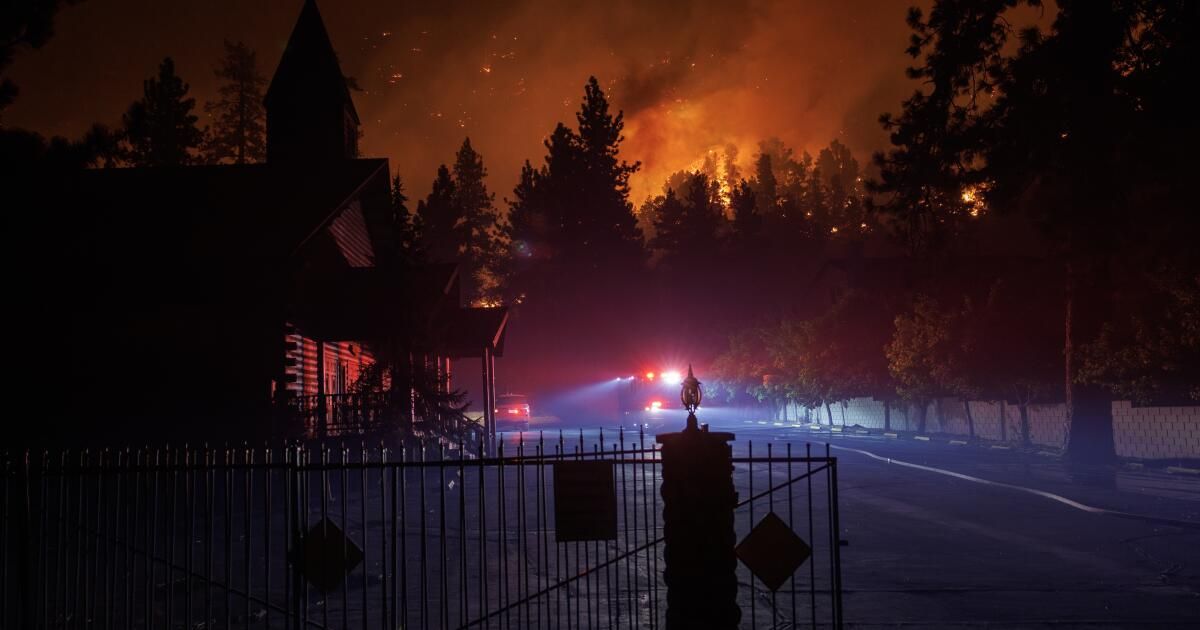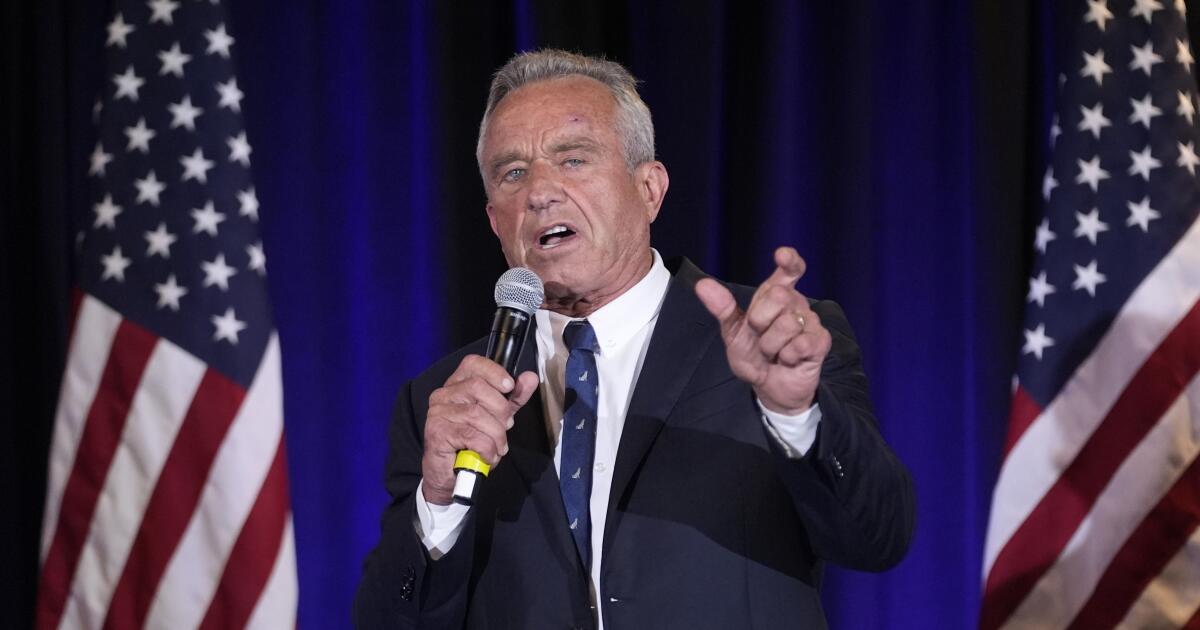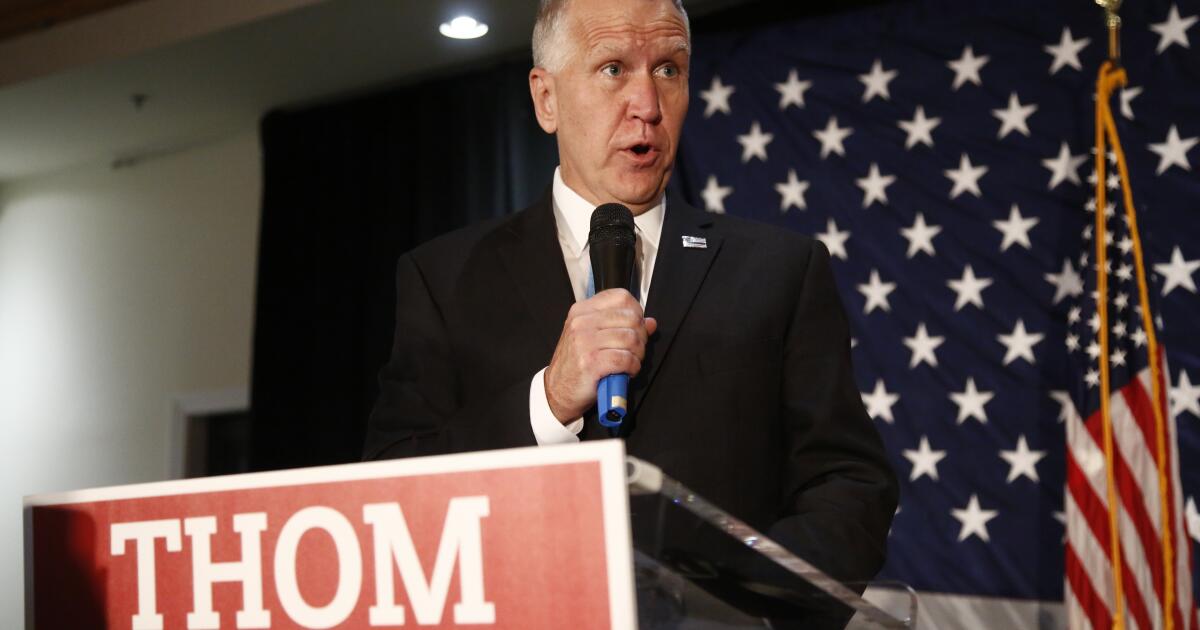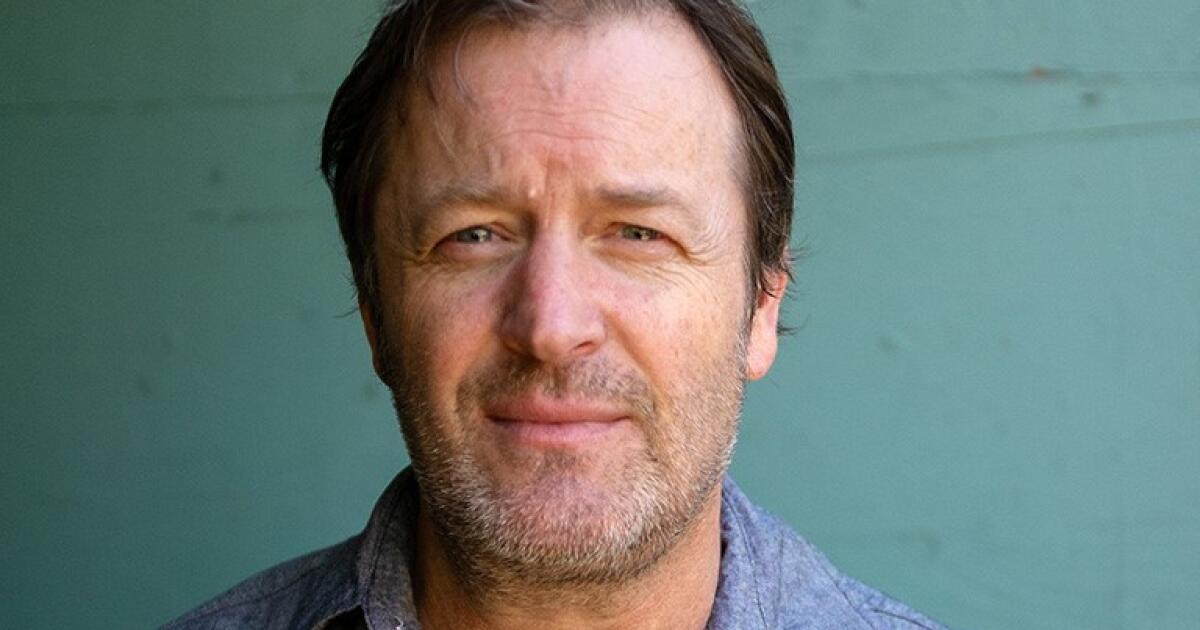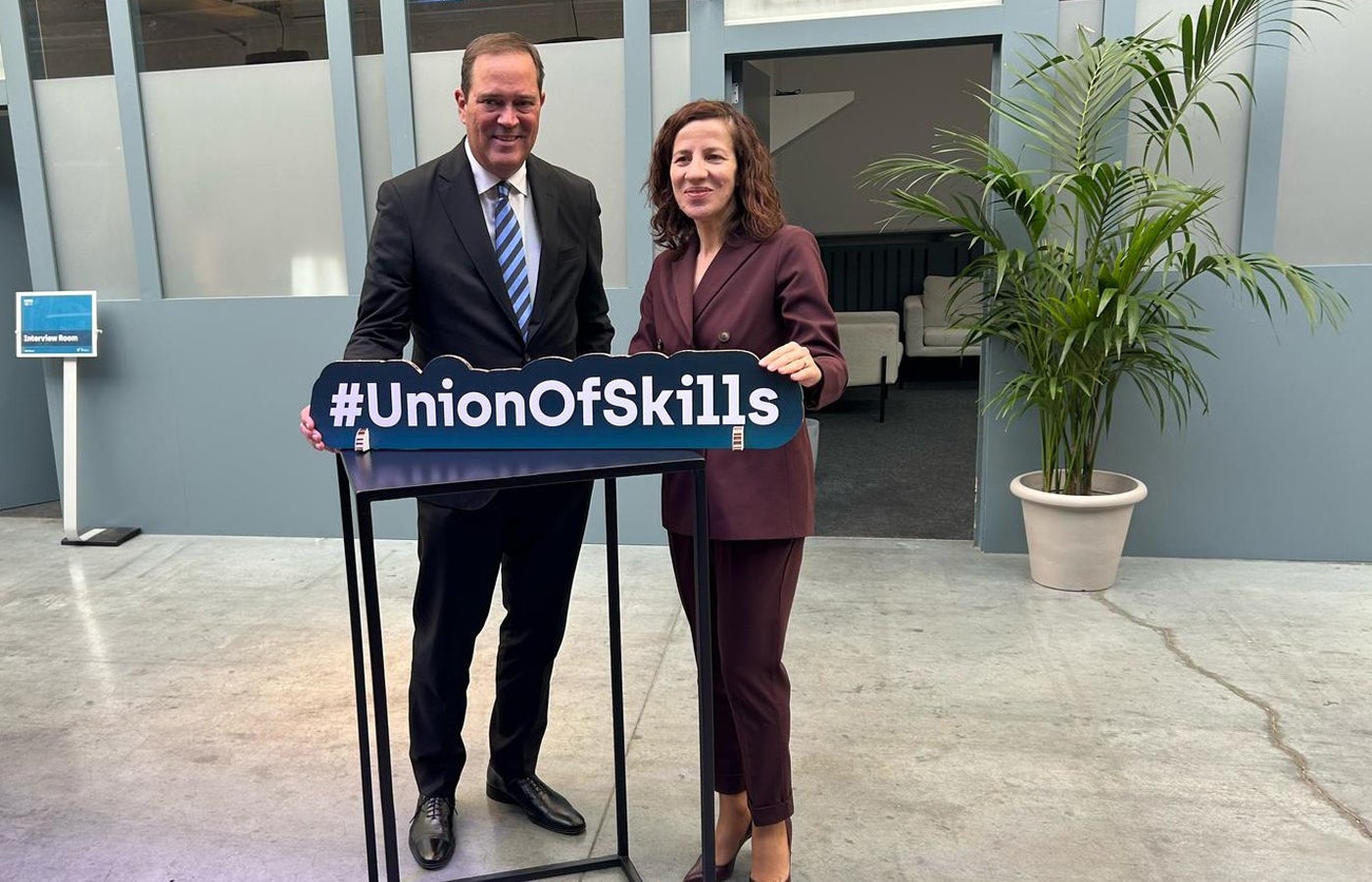To the editor: The op-ed on protecting fragile open spaces when extreme fire conditions are forecast offers one solution to help solve the problem. I have another. (“Southern California’s forests are burning. Protect them from their greatest threat: people,” Opinion, Sept. 21)
With data and artificial intelligence we should be able to predict the areas of greatest danger because they have not burned for a long time. Why not put patrols and volunteers in those areas and helicopters with water in the air to stop the fires before they become big? Is it due to bureaucracy, management or costs?
If this is due to costs, what about the costs of fighting fires when they are large?
Finally, instead of local media telling people that fire season is coming, they should remind people to be on the lookout for fires and call them quickly. As the article says, once these forests burn, they can take a lifetime to regenerate, so any changes to protect them deserve consideration.
Dan O'Mara, Agoura Hills
..
To the editor: Should public lands be closed to the public? At first glance, this question seems to answer itself: of course not, because public lands are for the public.
However, the destructive nature of humans, even when unintentional, shows that this rule is justifiably reversed. Climate- and drought-affected forests are so prone to fire during heatwaves that any human activity could ignite a spark and cause the next catastrophe.
By blocking the U.S. Forest Service and other agencies that manage public lands from accessing our beloved wilderness, we are not giving up our right. On the contrary, we are ensuring that our desire to enjoy these forests does not destroy the right of others to enjoy them.
Luke Zaelke, Chatsworth
..
To the editor: This op-ed hit the nail on the head, but it didn't go deep enough. The real solution to all our ecological problems lies in controlling the human population.
A smaller world population would reduce the need for fish in the sea, trees in the forests and minerals in the mines.
We need to encourage people to have small families, and then we would see many of our social and environmental problems begin to reverse.
Mike Post, Los Osos, California.

